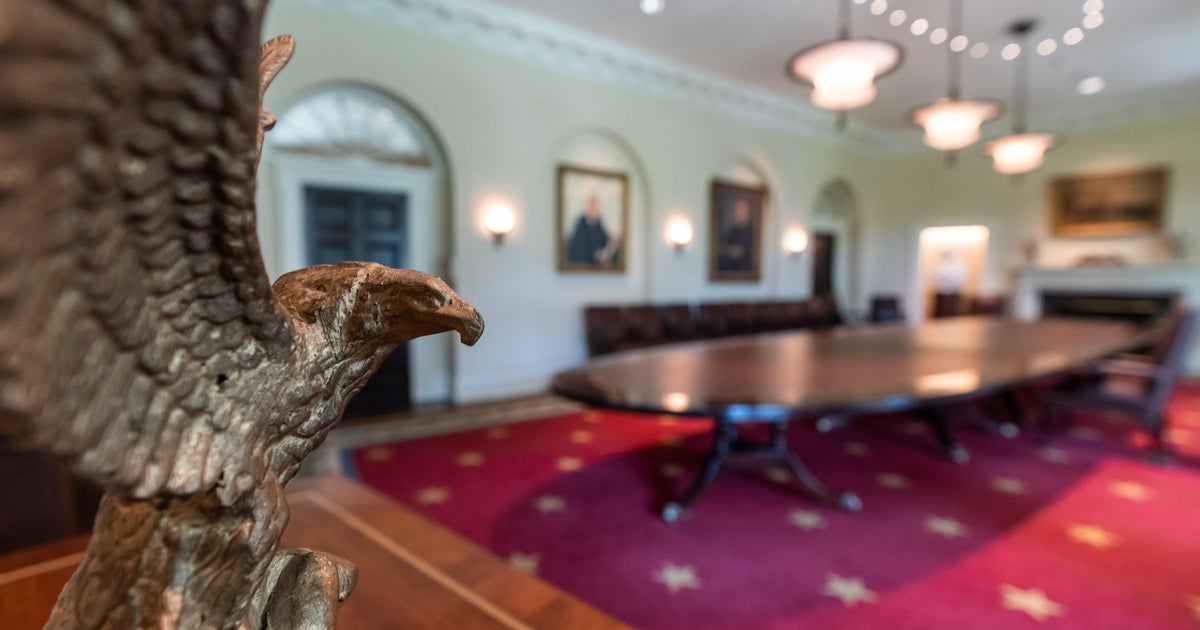Education Secretary Miguel Cardona on possible student loan pause extension: "Borrowers will know directly and soon"
As the latest pause on federal student loan payments is set to expire this month, the nation's top education official suggested a possible extension is still under consideration.
"While I don't have an announcement here today, I will tell you we're having conversations daily with the White House and borrowers will know directly and soon from us when a decision is made," U.S. Education Secretary Miguel Cardona said Tuesday on "CBS Mornings."
Payments on federal student loans have been on hold for about 40 million Americans since the beginning of the COVID-19 pandemic in 2020. Interest has been set to zero during this period.
The latest pause, announced by President Biden in April, is scheduled to end Aug. 31. But with just days until that deadline, it's still unclear if payments and interest will actually resume in September. Biden has also been under pressure by activists and progressive Democrats to cancel all or some student debt.
Cardona would not elaborate on his discussions with the White House, but he said the Biden administration is focused on students and continues to work to fix what he called a "broken system."
"The president has been very clear about making sure we're leading with students first, and we've been proud of the $28 billion in loan forgiveness up to this point and the policies that we've changed to fix a broken system," Cardona said. "We recognize that Americans are waiting and we'll be communicating with them as soon as we can."
The $28 billion in targeted loan forgiveness includes about $8 billion for borrowers who had been defrauded by schools.
During Tuesday's interview, Cardona also addressed the nation's growing teacher shortage — nearly three-quarters of schools nationwide did not have enough applicants to fill their open teaching positions, according to a July survey by the EdWeek Research Center. Cardona urged states and local leaders to find ways to improve working conditions and offer financial incentives to try to lure teachers back into the classroom.
"Working conditions do matter, as do competitive salaries," Cardona said. "It's sad. We have teachers who have a master's degree who have to drive Uber on the weekends to make ends meet. That's unacceptable in the United States."
Low pay, burnout and poor working conditions that include large class sizes are among the most common challenges in recruiting and retaining teachers in the U.S. As states and school districts scramble to find educators, some are finding alternative ways to attract candidates.
In Florida, where about 8,000 teaching positions remain open, Gov. Ron DeSantis recently signed a bill allowing military veterans to teach without a college degree. The school district in Dallas, Texas, is offering as much as $3,500 to recruit and retain educators.
Cardona noted that the country's teacher shortage has been a problem for years.
"This was true before the pandemic, but it's worse now," he said, as he called on state and local leaders to use funds from the American Rescue Plan, a pandemic relief package signed by President Biden last year that includes billions of dollars in aid to state and local governments.
"We're at the doorstep of a crisis, and if we're not taking this seriously, and if that wasn't a warning that we need to lift the profession and pay them competitive salaries, especially when the job market is what it is, then we're missing an opportunity here," Cardona said.



